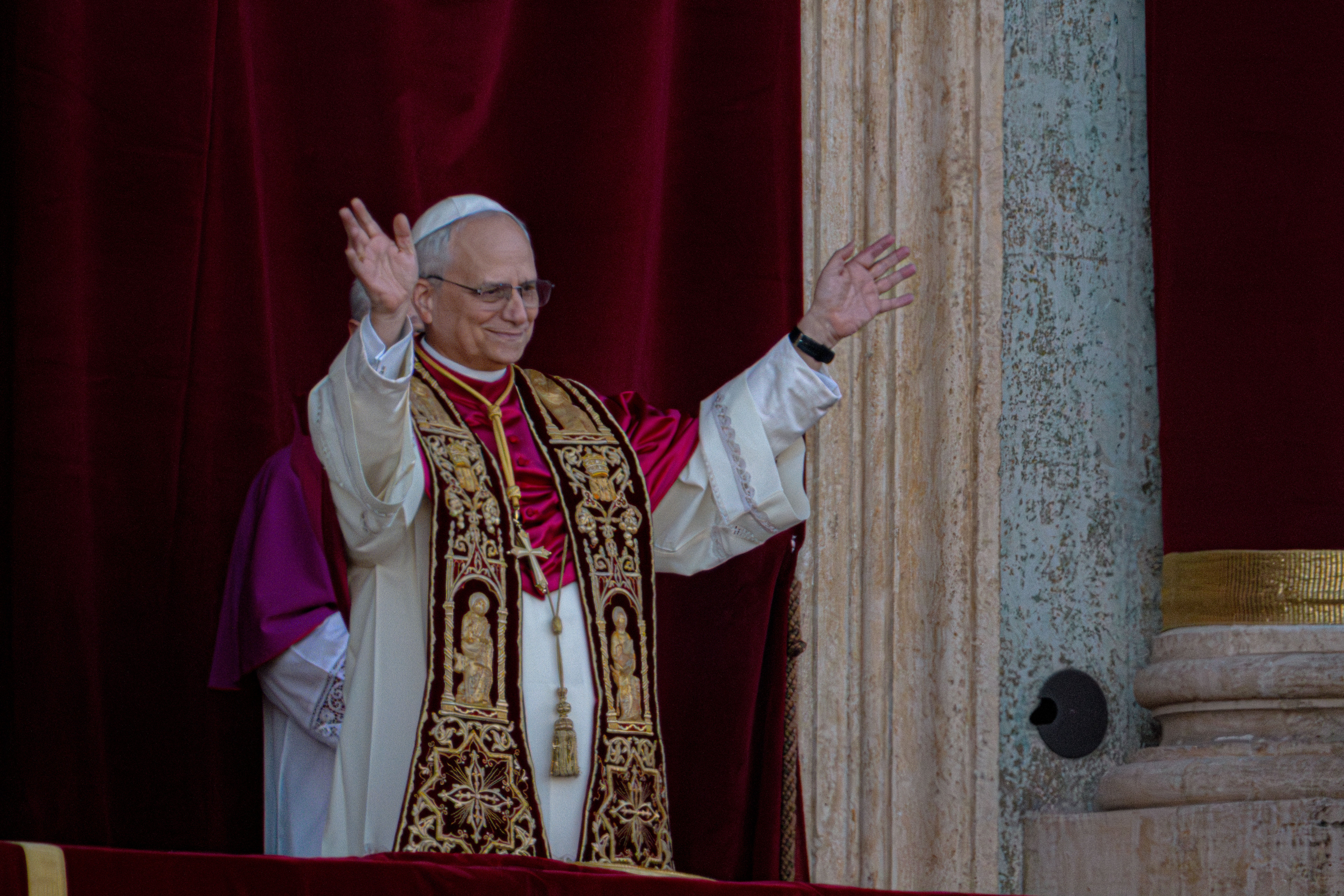ARTICLE AD BOX
Even though Pope Leo XIV is the first American pontiff in history, he might still be subject to the Internal Revenue Service and have to file his tax return.
The native Chicagoan and baseball fan will likely need to get his finances in order with the IRS, like any other American, despite his new status as leader of 1.4 billion Catholics worldwide.
“The U.S. is one of few countries that taxes citizens on income made outside the U.S., so any U.S. citizen living and working abroad will face U.S. tax compliance concerns—even the Pope,” Shivam Malhotra, a partner at Atlanta-based accounting firm Aprio, said.
“The Pope may be one of the top-ranking religious leaders in the world, but the fact pattern for his U.S. tax liability is still very similar to a U.S. citizen working abroad as a member of the clergy,” Malhotra added.

U.S. citizens living abroad are required to file an annual tax return unless they renounce their citizenship. Because Leo is both a clergyman and now head of a foreign government – the Vatican – his tax situation is especially complex. Leo will have special tax considerations, but being a member of the clergy does not mean he is exempt entirely.
In general, U.S. citizens living overseas need to file a tax return if their income and personal circumstances would require them to do so “in the same way as those residing in the United States,” the IRS says.
It doesn’t necessarily mean that they would pay the same amount in taxes as they would living in the U.S. For individuals working abroad and earning less than $130,000 in the 2025 tax year, it’s possible that they would owe no U.S. tax at all, Wise explains. But not all types of foreign incomes qualify for the exemption, including Leo, because his income is earned working for a foreign government.
While the pope does not earn a salary, housing, healthcare, food and travel are covered by the Vatican. The pope can also receive a monthly allowance for personal expenses.
Leo, therefore, may be required to calculate the value of his earnings.

“If he did accept his allowed salary, and if it weren’t already exempt due to his diplomatic status, it would fall well under the threshold for the foreign earned income exclusion,” Malhotra said. “And although the value of his lodging would not be eligible for the foreign earned housing exclusion, tax rules for clergy would still allow him to exclude that value from his income. However, the value of his food and transportation could, theoretically, be taxable.”
Experts told the Washington Post that Leo’s situation is “brand new territory” for the IRS and the Vatican, given America’s “far-reaching” tax laws.
Edward A. David, an assistant professor at King’s College London’s theology and religious studies department, told the Post said the situation was “unprecedented.”
“U.S. tax law is very far-reaching. And while there might be an exemption for heads of state, this is brand-new territory for us and brand-new territory for the United States and the Vatican,” David told the newspaper.
Jared Walczak, a vice president of the Tax Foundation think tank, also told the outlet that he doesn’t expect the pope to end up paying U.S. taxes.
The more likely outcome, Walczak speculated, is that the IRS will issue Leo a letter privately to address his situation, or Congress could pass a law outlining the tax situation for the pope.
The Independent has reached out to the United States Department of the Treasury for comment.









 English (US) ·
English (US) ·